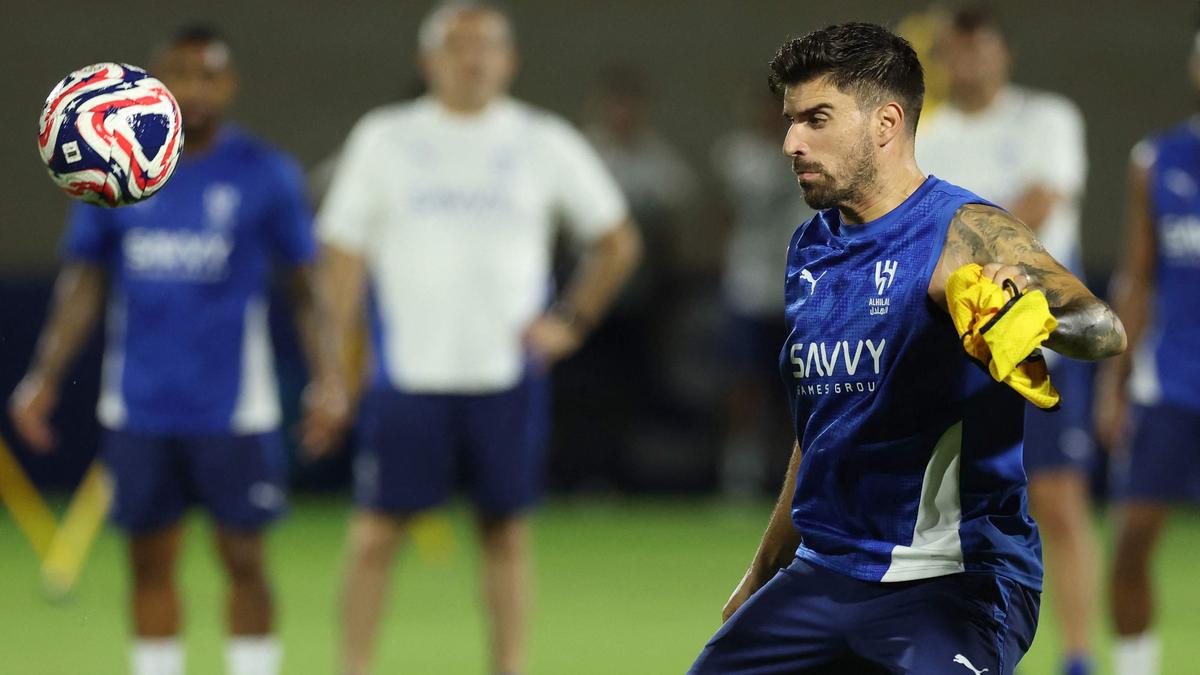ICC introduces stop clock for slow over rates in new WTC cycle

The International Cricket Council (ICC). File
| Photo Credit: Reuters
The ICC has introduced stop clock in Test cricket to deal with slow over rates while allowing fielding teams to decide which batter should be on strike in case of a ‘deliberate’ short-run as part of the playing conditions for the 2025-27 World Test Championship cycle.
The new rules have been implemented from the 2025-2027 World Test Championship which got underway with the first of the two Tests between Sri Lanka and Bangladesh in Galle.
According to the ICC Test Match Playing Conditions on the governing body’s website, the use of the stop clock — like in limited-overs cricket — has been implemented to eradicate the issue of slow over-rate.
“The fielding side shall be ready to start each over within 60 seconds of the previous over being completed. An electronic clock will be displayed at the ground that counts up seconds from zero to 60,” the ICC said.
The fielding side will thus be given two warnings and in case of a third infraction, the batting side will be awarded with five penalty runs.
These warnings will be reset to zero after the completion of 80 overs, the ICC said.
Meanwhile, ESPNcricinfo reported that the ICC no longer mandates the umpires to change the ball once they discover saliva on it as the ban on the use of saliva remains in force.
The website said fielding teams may deliberately apply saliva on the ball to force a ball-change but the current document available on playing conditions for men’s Test cricket does not mention any such change.
The ICC also said in case there are instances of referrals being made by both player and the on-field umpire, the process will be carried out in a chronological order, effectively as per the order of their occurrence.
Published – June 26, 2025 06:00 pm IST







